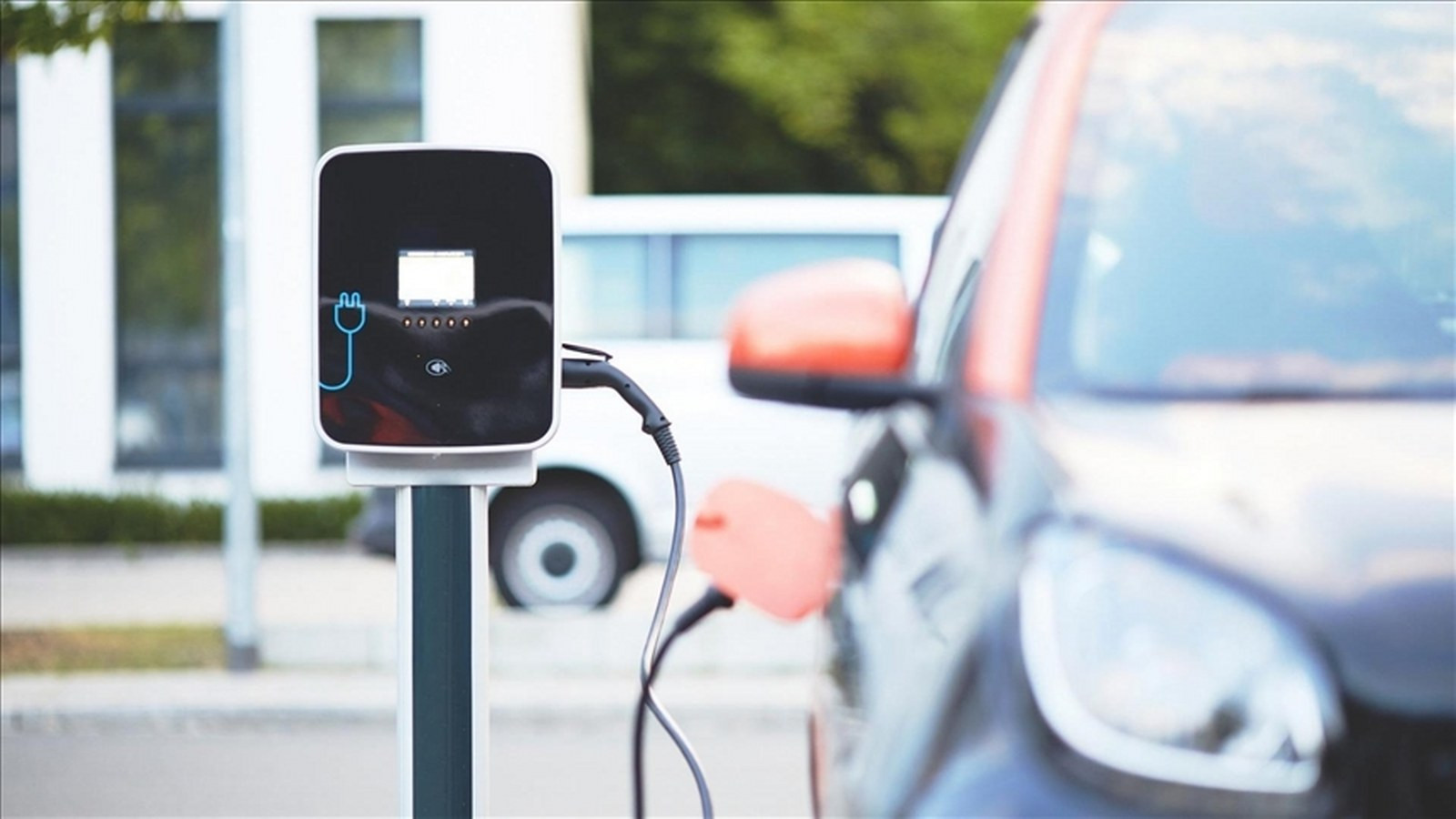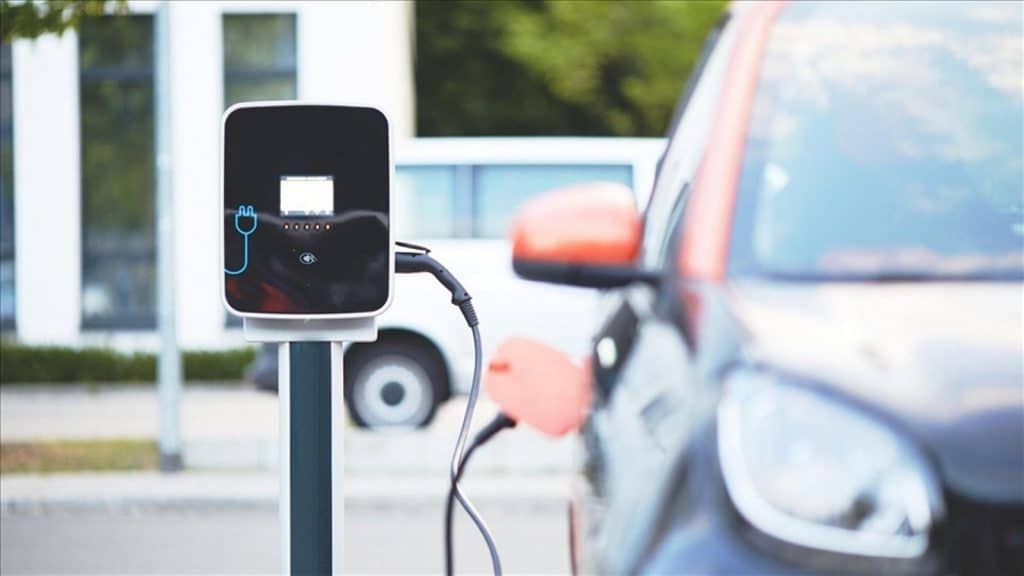
Barış Altınay, General Manager of the electric charging station company Eşarj, answered the questions of the AA correspondent about electric vehicles. Eşarj General Manager Barış Altınay said, “There is significant support provided by the government for the establishment of high-speed charging stations in 81 provinces, especially in 2023. At the end of 2023, we will have reached 100 percent geographical coverage as a result of both this program and the investments to be made by different operators.” said. Pointing out that the Turkish market has just grown according to statistics, Altınay pointed out that the electric vehicle market in the world has grown exponentially in the last 4-5 years. Pointing out that a record was broken in Turkey last September, Altınay emphasized that the sales of electric vehicles in total sales reached 2% for the first time. Altınay said, “I think these numbers will increase much more next year. Because both our national vehicle Togg will come and many similar vehicles will enter the Turkish market.” he said. Drawing attention to the environmental features of electric vehicles due to the absence of fossil fuels and emissions, Altınay said that while in a classic internal combustion vehicle, 15 to 20 percent of the total energy taken from the engine can be converted to energy from the maximum wheel, due to friction loss, while in an electric vehicle, this rate is 70 percent even in the worst scenarios. He told me he was over 75.
Cooldown can be reduced to less than 5 minutes
Altınay said that it is theoretically possible to fill electric vehicles from the socket at home without any intermediaries, but emphasized that they do not recommend this method because of the safety risk it may create and the long filling times of up to 25 hours. Explaining that it is more accurate to choose DC fast charging stations working with direct current in order to have a full charging experience on long roads, Altınay said, “Here, it is possible to charge the car in less than half an hour, depending on the power of the unit. We are talking about 30 minutes. “In the medium term, it will be 15 minutes and then it will be less than 5 minutes. With a new electric vehicle, the fuel-fueled vehicle filling experience will be equalized in terms of time.” made its assessment.
How long do the batteries last?
Underlining that it is not yet possible to give clear information about the life of the batteries, Altınay underlined that electric vehicles are very new and there is no reliable data available. On the other hand, Altınay reminded that there are comforting factors for consumers, “Almost all vehicle manufacturers give battery guarantees of 8 years or more. Manufacturers do not predict that the battery will be unusable at the end of 8 years. They only foresee it to decrease to 70 percent in terms of performance. They make changes in all kinds of problems. We can foresee that the battery times will gradually increase with the developing technologies.” he said. Underlining that there are serious differences between fuel-oil vehicles and electric vehicles in terms of vehicle maintenance, Altınay said that engine oil changes and 3-4 filter changes are required in every maintenance in internal combustion engines, but most of these costs are not in electric vehicles, so maintenance costs are very low.
In 2023, there will be fast charging stations in 81 cities.
Providing information on the infrastructures of electric vehicles, Altınay underlined that the number of public stations in Turkey is over 4,000. Pointing out that this figure is at a very good point of European and World standards, Altınay said: “We are at the level of Western European countries such as Norway and the Netherlands, which we call good examples here. In addition, this figure is well above the target European average of 10 vehicles per station. What needs to be developed here is The main point is that the stations charge the vehicles for long periods of time. Also, they are generally concentrated in certain cities.”
What is the consumption cost per km?
Altınay also talked about fuel performance, which is one of the most curious subjects about electric vehicles, and underlined that the electricity consumption of an electric vehicle is around 15-16 kW per 100 km. Altınay said, “If we consider that the kW fee is between 3 and 4 TL in a residential charging, this corresponds to a consumption of approximately 45-50 TL per 100 km. The kW costs at our stations vary between 6.5 TL and 7 TL. This is 15 kW. Considering that it burns, it costs less than 100 TL. In the most extreme example, if you choose a very fast station, it costs around 150 TL per 100 km. This cost is around 200 TL for a gasoline car and 260 TL for a diesel car. If necessary, home charging is the cheapest. Next comes electric charging stations in public areas. Gasoline and diesel come last.” he said.
A professional writer by day, a tech-nerd by night, with a love for all things money.

